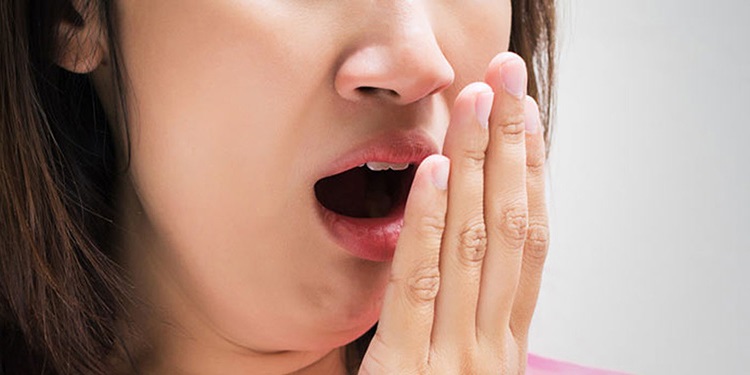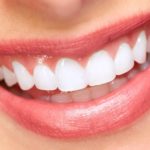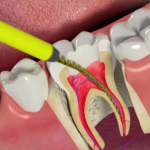If his screaming was not enough to clear the room, his bad breath certainly did the trick!
So Adolf Hitler had venomous bad breath! Behind his evil dictatorship there was only one thing that struck fear into the Nazi leader – a trip to the dentist! Hitler’s halitosis ( bad breath ) was caused by his gum disease and tooth decay resulting from years of neglect and poor diet.
Estimates show that even in the year 2015 almost 50% of adult population suffer from some level of halitosis with 35% suffering from chronic halitosis. Ironically, the stigma is so severe that there is less openness among friends to even discuss the issue and help each other overcome the condition. A survey revealed that 70% people seemed less willing to tell their best friend that their breath wasn’t fresh.
How would I know then!
Although the best way would be for a friend to make you aware of your unpleasant breath, if you can’t rely on friends then the ”lick and sniff” test is a simple way to find out.
1-Lick the inside of your wrist
2-Wait till it dries
3-Sniff your wrist
If it smells unpleasant, its most likely that your breath does too.
Why me?
Bad breath is mainly caused by the lack of good oral hygiene. If you find yourself relating to any or all of the following situations, then that could be your answer.
- Persistent bad breath is caused by smelly gases (hydrogen sulphide vapours) released by the bacteria that coat your teeth and gums and back of your tongue if you don’t brush twice a day.
- Gum infection and decayed teeth. Food gets trapped in the decayed teeth and rots producing the same smelly volatile sulphur gas.
- People who use dentures and don’t clean them regularly
- Smoking and strong smelling food and drinks such as coffee, onions, garlic and fish. It is said that onions can smell on your breath for up to 72 hours after its digestion.
- Dry Mouth (Xerostomia) is a medical condition that affects the flow of saliva and can result in bad breath caused by a build-up of bacteria. Older people, pregnant or menopausal women, people taking medications, smokers and people who breath from their mouths are more susceptible to this condition.
- Several medical conditions such as diabetes, respiratory tract infections, acid reflux, liver disease and tonsilitis can make your breath smell foul.
- Dieting and Fasting
How can I fix it?
It is important to brush and floss your teeth at least twice a day. Proper brushing includes brushing your tongue, cheeks and the roof of your mouth along with all surfaces of your teeth. A plastic tongue scrapper can also be used to clean the tongue. Chewing sugar free gum will stimulate more saliva which will prevent your mouth from drying out. Remove dentures out at night and clean them with soap and warm water. Avoid strong smelling food especially before a meeting or a date. Cut back on smoking, alcohol and coffee. Hydrate your mouth often. Regular visits to your dentist and hygienist are essential to a good oral health care routine as they can provide you with your routine scaling and dental advice specific to your needs. In a rare case that the halitosis is not of oral origin, your dentist will be able to guide you to a suitable medical specialist for further care.
Knowing you have fresh breath does wonders for your self confidence and relationships. So before you head out to share these tips with a loved one just make sure your own oral health is up to a lovable standard. Don’t just go by the word of “mouth”.






Comments by Dr. Dipti S Kumar